By Christa Banister
Whether it’s beers during the big game or bottomless mimosas at brunch, there’s no shortage of occasions for alcohol to be enjoyed. But it can be hard to know how much is too much. According to the Centers for Disease Control and Prevention (CDC), women who consume eight or more alcoholic beverages per week are considered heavy drinkers. For men, that number increases to 15, which breaks down to roughly two drinks per day. But a comprehensive study conducted in 195 countries found no amount of alcohol to be deemed “safe” as just one alcoholic beverage per day elevates your risk for health problems.
Whether you’re imbibing steadily over time or just on special occasions, it’s important to understand the physiological effects of alcohol. Here are nine of the most harmful ways excessive drinking can damage your body:
 1. Drains Your Brain
1. Drains Your Brain
Not only does excessive drinking accelerate natural brain shrinkage, but it interferes with the brain’s communication pathways causing memory loss, behavior and mood changes, and a decrease in coordination and attention span.
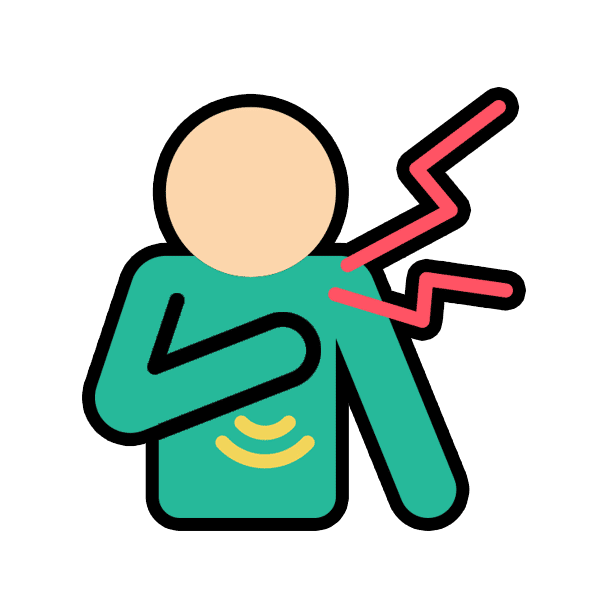 2. Hard on the Heart
2. Hard on the Heart
Drinking too much can lead to stretching and drooping of heart muscles (cardiomyopathy), irregular heartbeat or arrhythmias, high blood pressure, and increased risk for stroke.
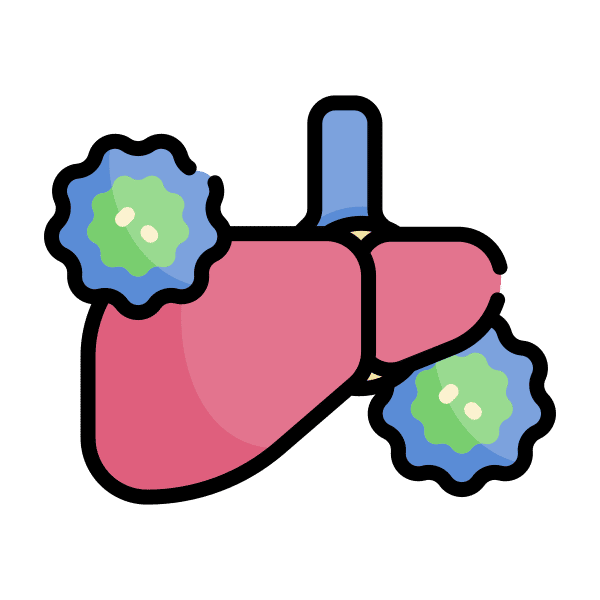 3. Accelerates Cancer Risk
3. Accelerates Cancer Risk
Described as a “known human carcinogen,” alcohol increases the risk for all kinds of cancers from liver and esophageal to breast and colorectal cancer. The more it is consumed, the more it limits the body’s ability to fight disease.
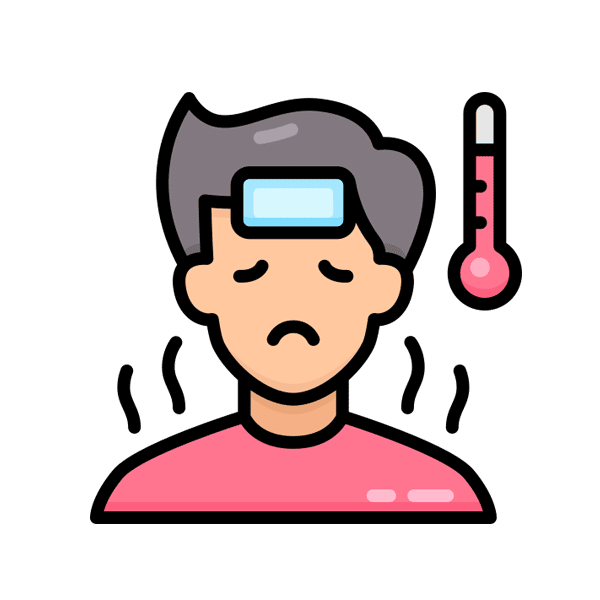 4. Weakens Immune System
4. Weakens Immune System
Our bodies have the extraordinary ability to ward off infection and disease, but when alcohol enters the picture, you’re more susceptible to serious health problems including tuberculosis, pneumonia, and other lung conditions.
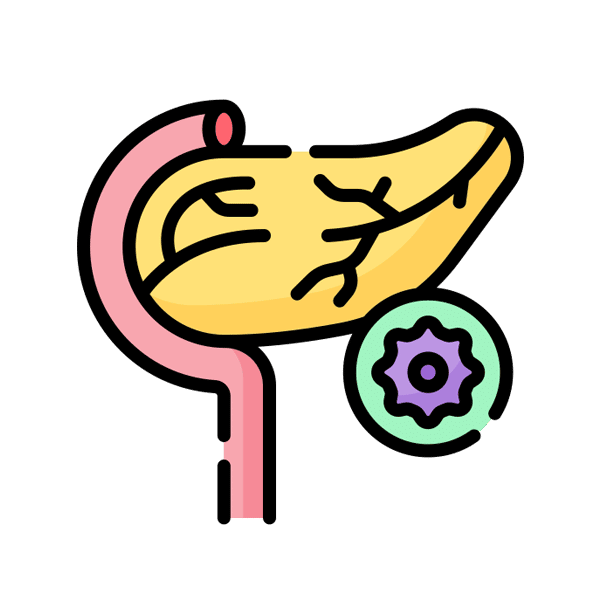 5. Pressure on the Pancreas
5. Pressure on the Pancreas
Excess alcohol can cause inflammation of the pancreas, for which there is no treatment; what’s more is the soreness only gets worse over time and can cause constant pain, inhibit digestion, and lead to vomiting and weight loss.
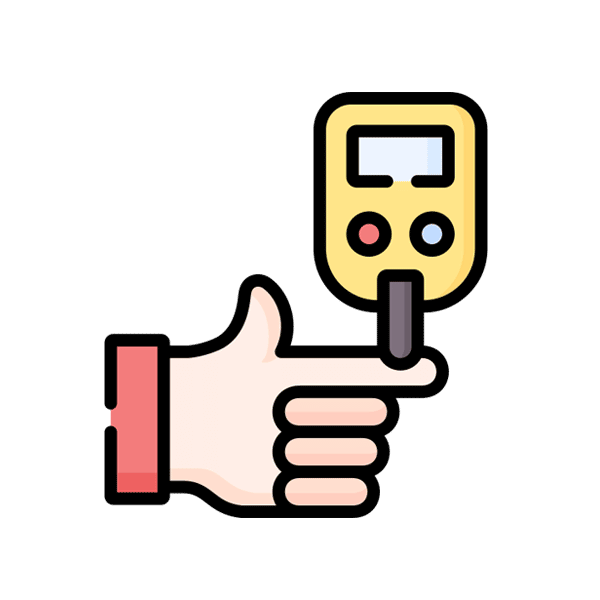 6. Obstructs Blood Sugar Balancing
6. Obstructs Blood Sugar Balancing
When you drink heavily, metabolizing the alcohol takes priority over proper balancing of blood sugar, which can lead to diabetes. Low blood sugar (hypoglycemia) is serious because of its incompatibility with alcohol and interference with most diabetes medications.
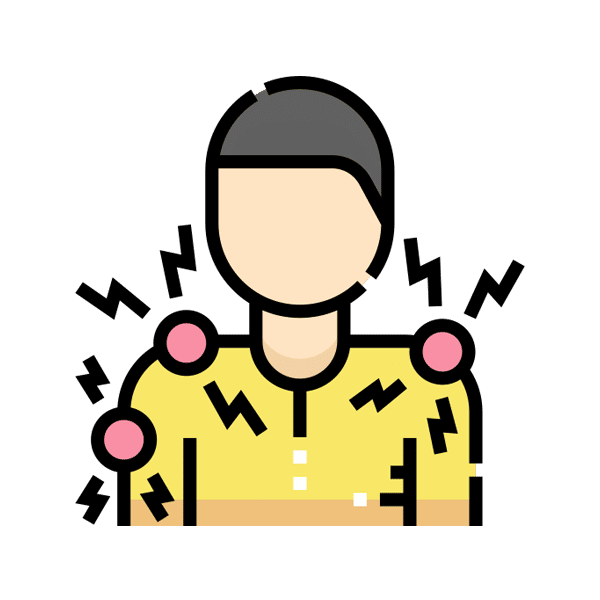 7. Aches, Pains, and More
7. Aches, Pains, and More
Because of damage to the central nervous system, alcohol abuse can cause numbness and tingling in the legs, feet, and arms. With repeated drinking, these pains can result in a lack of balance and coordination. Muscle cramping and a decrease in overall muscle mass are also common.
 8. Weakened Inhibitions and Inability to Form Memories
8. Weakened Inhibitions and Inability to Form Memories
Drinking too much can impair decision-making leading to drinking and driving, date rape, violent episodes, and in some cases, memory loss and the inability to form memories altogether.
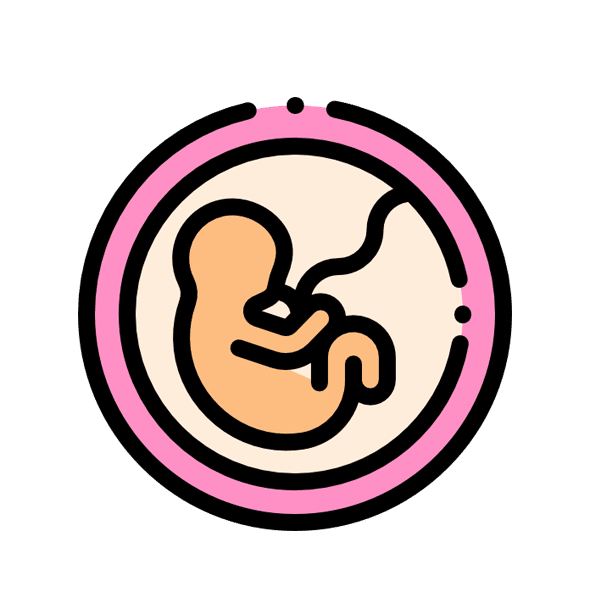 9. Sexual and Fertility Dysfunction
9. Sexual and Fertility Dysfunction
Heavy alcohol use has been directly correlated to erectile dysfunction, a decline in libido, and a lack of testosterone production in men. For women, it can cause estrogen levels to, resulting in a decrease in the usual hormone fluctuations required for ovulation and an irregular monthly cycle.
Forging Forward with Hope
Are you or someone you love struggling with alcohol? At The Meadows, our team of caring professionals can help you take steps toward freedom from dependence from excessive drinking. Have questions or want to know more? Reach out today.

